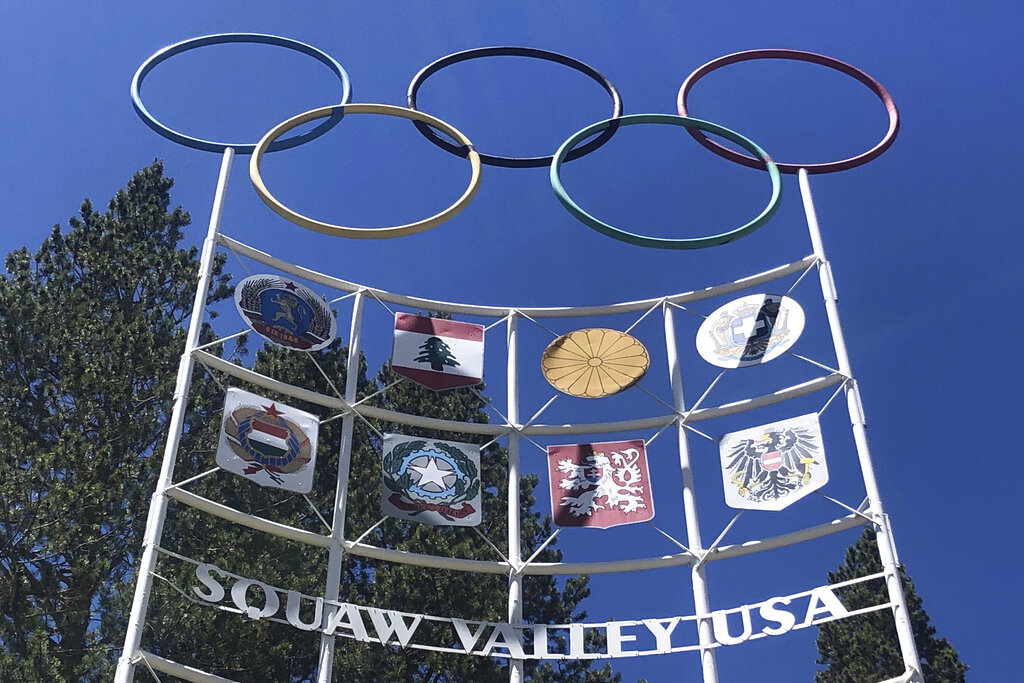A fight over a controversial name change in one California town has pitted local leaders and residents against some Native Americans, the governor, state lawmakers, and the federal government — and it is only growing more combative by the day as the deadline approaches to change it.
Native Americans have long campaigned to remove the word “squaw,” a racist slur and insult against Native women, from the name of an incorporated town in the foothills of the Sierra Nevada. Name change advocates scored a win two years ago after the Interior Department issued a directive to remove the derogatory word from federal lands. The decision was further cemented when California lawmakers passed a measure to erase it from geographic landmarks and other places around the state by 2025.

But Fresno leaders sued the state over the name change, arguing California’s directive violates the First Amendment and the community’s right to free speech and that state lawmakers and the federal government needed to butt out.
Fresno County, for one, is refusing to change it. Supervisor Nathan Magsig, who represents District Five in eastern Fresno County, told the Washington Examiner that although residents know the meaning of the word has changed, they, including the Native Americans who were among the first tribes on the land, want to keep it and preserve its history. Magsig charged it is outside groups that are hell-bent on changing it and painting the town as racist.
“This is a local matter,” Magsig said.
The town had a community meeting about it at the end of 2022. The video, while raw, does show Native American women saying they don’t want the name change.
“What’s interesting about that is that there were about a half of dozen of Native American women who said, ‘Don’t change the name,’ and they shared about where the name came from and their history, and they shared about how the name came from,” Magsig said.
Voters in March will decide on a proposal, Measure B, that determines who has the right to name, and rename, places in the county.
Measure B, which was written by Magsig, says the naming rights lie with the Fresno County Board of Supervisors. It would also change the county charter to give the board “the duty and power to name or change the name of geographic features or place names within the unincorporated portions of the County of Fresno.” The board is made up entirely of white men.
The central California town has about 3,500 residents, dates back to the 19th century, and is one of the nearly 100 places in California to use or have used the name, which was derived from the Algonquin language. Across the country at one point, there were more than 650 federal sites that included the name.
Native Americans, including Morning Star Gali, the executive director of Indigenous Justice, said Fresno’s decision to dig in is an all-too-familiar fight and reeks of racism.
“Fresno County is special in that they’ve been very difficult,” Gali told the Los Angeles Times. Gali said the word “squaw” isn’t just a generalized name for a Native woman but something that, in context, is much more offensive and refers to them as subhuman.
“Erasure and invisibility, that’s what we’re fighting against. It’s not just a word. It’s a word that holds that history and that context and that meaning,” Gali said.
Roman Rain Tree, a member of the Dunlap Band of Mono Indians, who had some ancestral ties to the region, spearheaded a public name change and doesn’t buy what Magsig is saying.
Taweah Garcia, a member of the Dunlap Band of Mono Indians, told the Los Angeles Times that Magsig is “getting people riled up, angry.”
“We understand some people don’t agree with it. We know some people are for the rename,” Garcia said.
CLICK HERE FOR MORE FROM THE WASHINGTON EXAMINER
An email to Gali from the Washington Examiner seeking comment was not returned. Attempts to speak to Rain Tree were also not successful.
Magsig told the Washington Examiner he represents his district and that those people, including the Native tribes to that specific area, don’t want a name change. Until they do, he’ll keep fighting for the right to keep it, as well as battle perceived overreach by the state, the governor, and the federal government.
